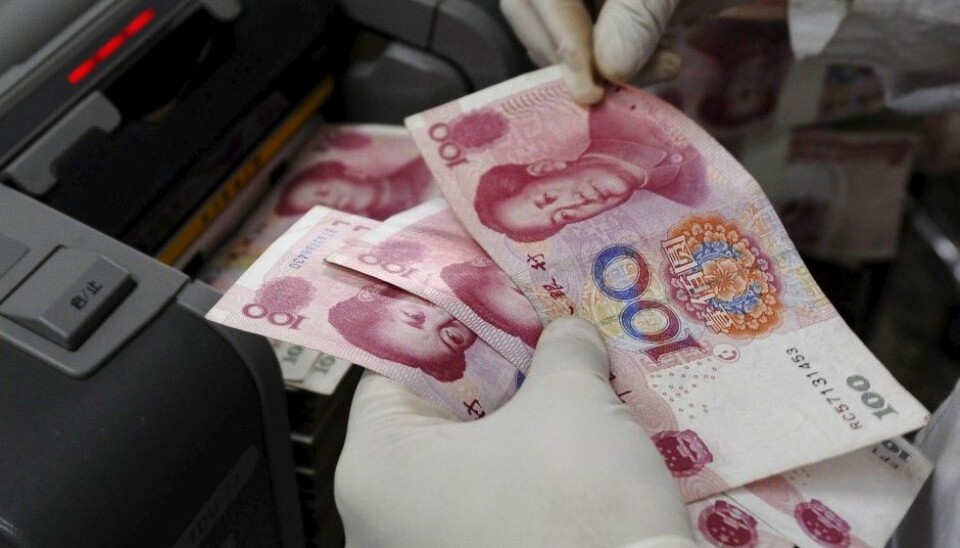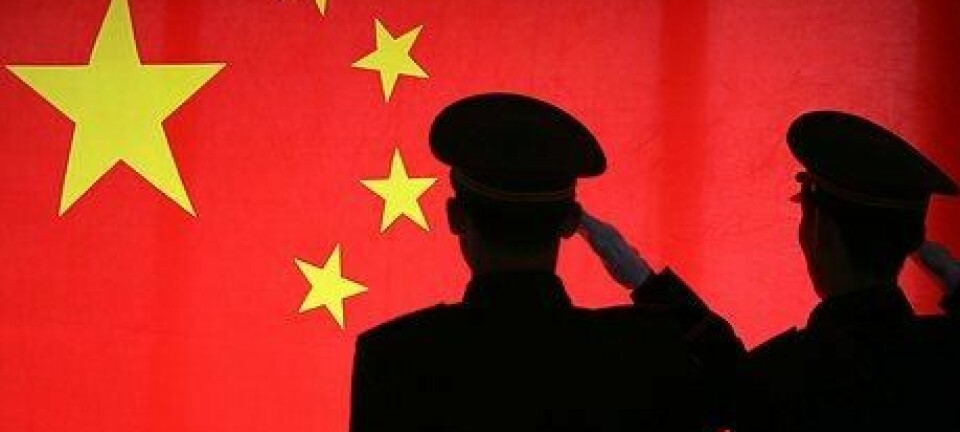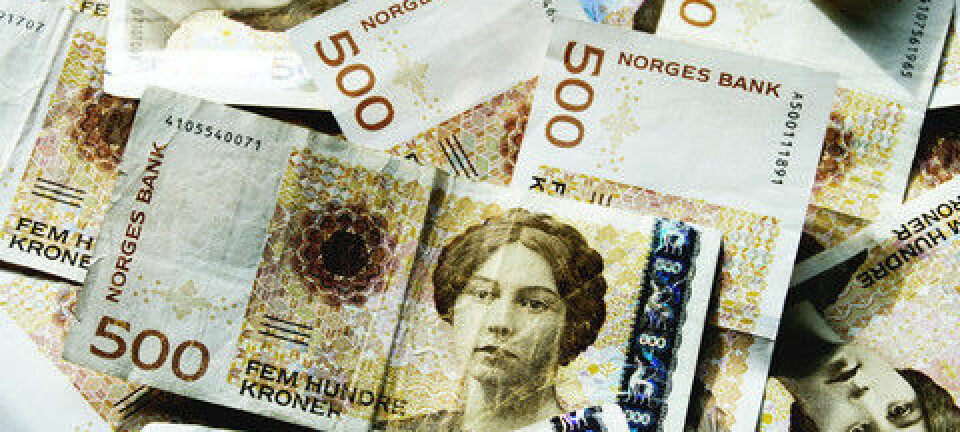An article from Norwegian SciTech News at NTNU

Could this be the start of China’s collapse?
China’s economy has grown at record speed. Now the weakening of China’s national currency suggests that the downturn has started.
Denne artikkelen er over ti år gammel og kan inneholde utdatert informasjon.
The Chinese central bank has recently devalued its currency, the yuan. A weak currency means selling cheap and buying expensive, and can provide a boost for a country’s exports. China’s currency move comes in the wake of discouraging export statistics. It has garnered a lot of attention among economists who are watching whether the move signals a reform toward a more market-driven determination of the exchange rate or a controlled depreciation to stimulate the economy.
“This is a sign that the current era of the Chinese economy is over,” says Ragnar Torvik, a professor of economics at NTNU.
China’s working-age population dropping
China has traditionally had low wage rates and a large employable population. This has meant that the country has had high production and good growth for several years.
“We tend to think of China as big factory with a huge workforce that produces goods cheaply and for low wages. China’s one-child policy, instituted in 1978, means that today the country has a growing proportion of elderly in the population. This has led to a greater need for nursing care, which costs money, and at the same time it has resulted in fewer people of working age,” says Torvik.

“What’s happening now,” he says, “is that the demand for labour is rising, and wages are increasing as a result of this demand. Wages have risen sharply in the last two or three years. I think China is devaluing its currency now as a strategy to mitigate the effects of higher wages. And this action can partially compensate for weaker market competitiveness.”
Economic or political collapse
According to Torvik, China is in a unique position. Never has any country that is so poor invested as much in industry as China has. These investments have led to strong growth. A dictatorship can manage to create growth through investments for a while, but no dictatorship has managed this over the long run. We can draw an historical parallel to the Soviet Union in the 1930s, when many economists believed that the Soviets’ huge investments and industrialization would create an economic superpower and tremendous growth. But that didn’t happen.
In China, the economic rate of growth was as high as 8% a few years ago. At that rate, national income was doubling every ten years.
“But now the growth rate is slowing down,” says Torvik. “I think that this could be the start of China’s collapse.” He predicts either an economic collapse or a political collapse.
There may be hope if it is a political collapse. A governance change from dictatorship to democracy could create growth in the long term.
“Democratic countries have proved to be better suited to manage economic transitions through innovation-based growth. In undemocratic regimes, it is too risky for business people to invest in knowledge and innovation because they can’t be sure whether they’ll reap the benefits,” Torvik says. “These economies try to grow based on high levels of government investment, which may be successful for a while, but which don’t provide sustainable growth in the long run.”
India could become the new China
East Asia accounts for 60 per cent of the world’s population, but only six per cent of the world’s oil resources. As Asia grows, the need for oil increases dramatically.
“Periods of strong economic growth and consumption growth in China over the years have led to higher oil prices,” Torvik says. “The impending downturn in the Chinese economy will have a direct effect on oil prices and thus on the Norwegian economy.”
The million-dollar question is whether India can become the new China. “India has a growing economy, and India is a democracy. If the economic growth rate in India increases, oil prices will pick up gradually. And there are signs that India can do it,” says Torvik.
-------------------------------------
Read the Norwegian version of this article at forskning.no






































